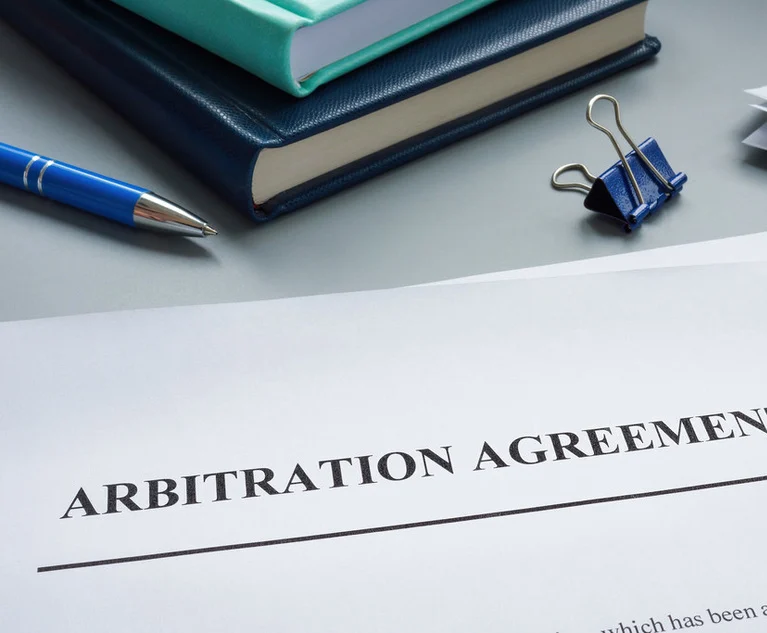In today’s interconnected global economy, commercial disputes often cross international borders, demanding resolution mechanisms that are efficient, neutral, and enforceable. International arbitration has emerged as a preferred route for resolving such disputes, and the Singapore International Arbitration Centre (SIAC) stands as one of the world’s leading institutions in this domain. At the core of its operations are the SIAC arbitrators, who ensure fairness, professionalism, and legal clarity throughout the arbitration process.
This article provides a comprehensive overview of the role of SIAC arbitrators, the qualities they must possess, and the steps involved in selecting them.
The Significance of SIAC Arbitrators
SIAC arbitrators are responsible for ensuring that arbitration proceedings are conducted in an impartial, efficient, and lawful manner. They play a critical role in overseeing the arbitration process—from reviewing evidence and hearing testimonies to rendering a binding decision. Their neutrality is key, especially in cases involving parties from different legal, cultural, or linguistic backgrounds. The credibility and enforceability of an arbitration award often hinge on the integrity and expertise of the appointed arbitrator.
The process of selecting siac arbitrators is governed by SIAC’s institutional rules, which ensure transparency and balance between the involved parties. The center maintains a panel of experienced and highly qualified arbitrators across various jurisdictions and industries, further enhancing its reputation for impartial dispute resolution.
How Arbitrators Are Appointed at SIAC
The selection of arbitrators is one of the most important aspects of the arbitration process. SIAC offers parties flexibility in choosing arbitrators while also ensuring procedural fairness and adherence to best practices.
Here’s a general step-by-step guide to how arbitrators are appointed under SIAC Rules:
Step 1: Determining the Number of Arbitrators
The parties can agree on a sole arbitrator or a panel of three. In most commercial cases, a single arbitrator suffices. If there’s no agreement, SIAC typically appoints a sole arbitrator for efficiency, unless the complexity or value of the dispute suggests the need for a tribunal of three.
Step 2: Nomination by Parties
If parties agree on a sole arbitrator, they can jointly nominate a candidate. In a three-member tribunal, each party nominates one arbitrator, and both arbitrators then agree on a presiding arbitrator. If parties fail to make nominations within the stipulated time, SIAC intervenes to make the appointments.
Step 3: SIAC’s Appointment Process
When necessary, SIAC’s Court of Arbitration selects arbitrators from its prestigious panel. Candidates are chosen based on their expertise in the subject matter, legal background, neutrality, and availability. The institution seeks to ensure a balanced representation, often appointing arbitrators who reflect the linguistic, legal, or cultural contexts relevant to the dispute.
Qualities of Effective SIAC Arbitrators
A strong SIAC arbitrator typically possesses a range of qualities, including:
- Expertise: Professional background in law, business, or technical fields relevant to the dispute.
- Impartiality: No ties or interests that could influence the outcome.
- Efficiency: Ability to manage time effectively and move the proceedings forward.
- Communication Skills: Clear and concise in both oral and written forms.
- Cultural Awareness: Sensitivity to international parties and cross-border contexts.
The combination of these traits ensures the credibility and efficiency of the arbitration process under SIAC.
Advantages of SIAC’s Arbitrator Framework
Choosing SIAC as an arbitration institution offers several benefits:
- Global Expertise: Access to a wide pool of qualified arbitrators from around the world.
- Institutional Support: Administrative and procedural support throughout the process.
- Enforceability: Awards rendered under SIAC are enforceable under the New York Convention.
- Time and Cost Efficiency: Streamlined procedures and timelines reduce delays.
These advantages position SIAC as a top choice for corporations and legal teams dealing with high-stakes commercial disputes.
Conclusion
SIAC arbitrators play a pivotal role in the resolution of international disputes, offering a combination of legal expertise, neutrality, and procedural efficiency. Their selection is carefully managed to ensure fairness and maintain trust in the arbitration process. Understanding how SIAC arbitrators are appointed and what makes them effective helps parties make informed decisions when facing international disputes.
As international business continues to grow, the importance of choosing the right arbitrator—and the right institution—cannot be overstated. SIAC remains a global benchmark in delivering fair and efficient dispute resolution through its robust panel of arbitrators.




